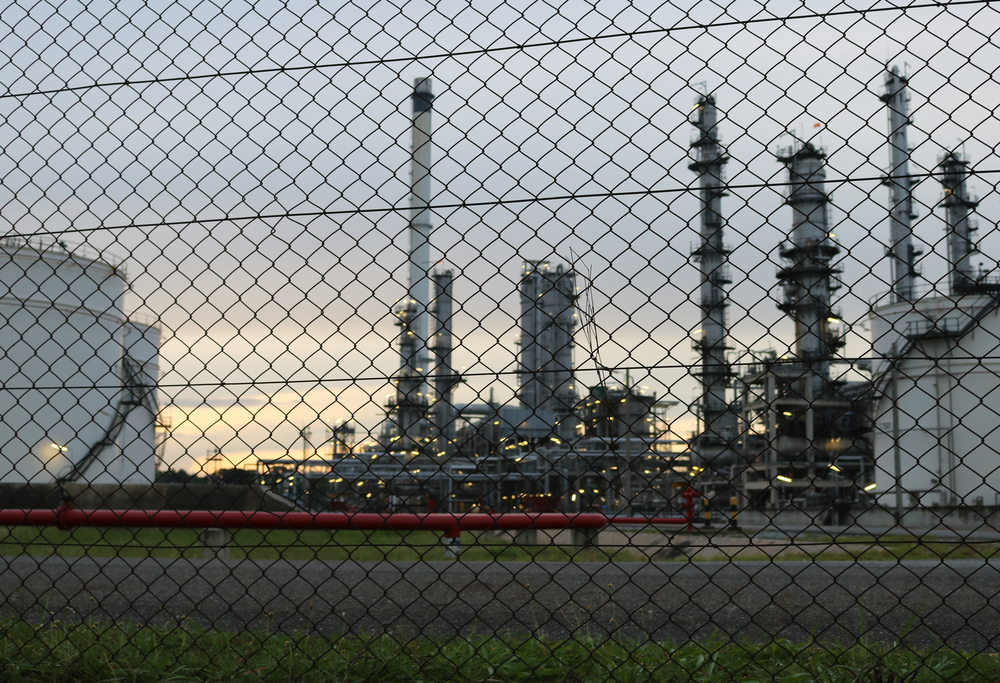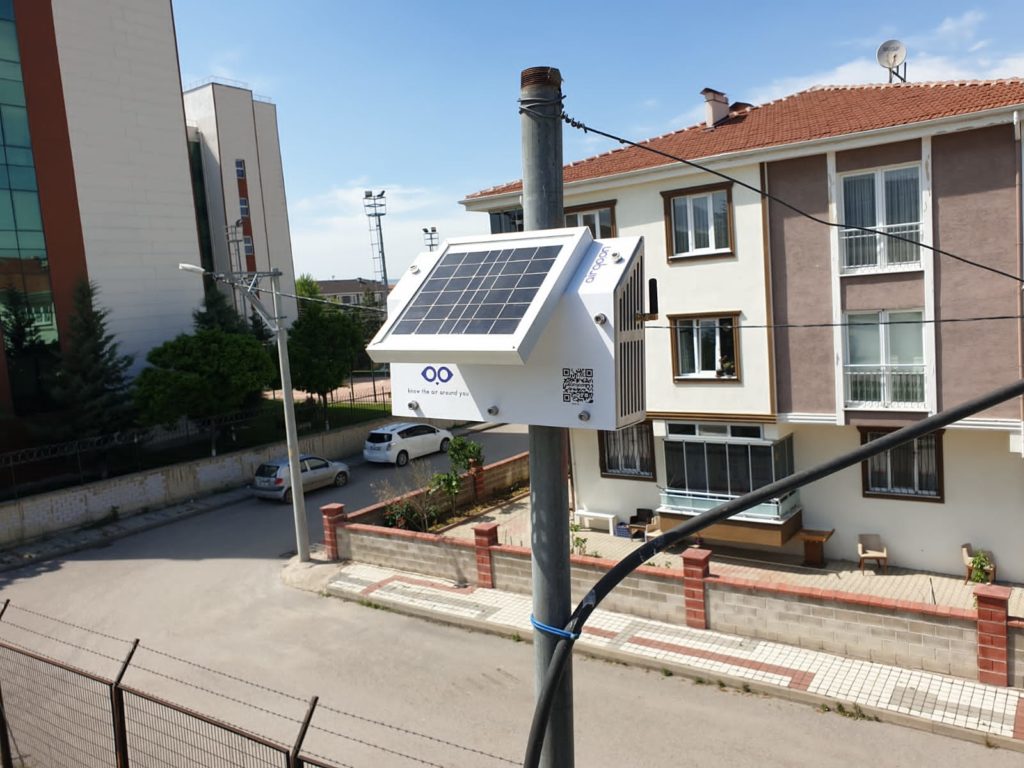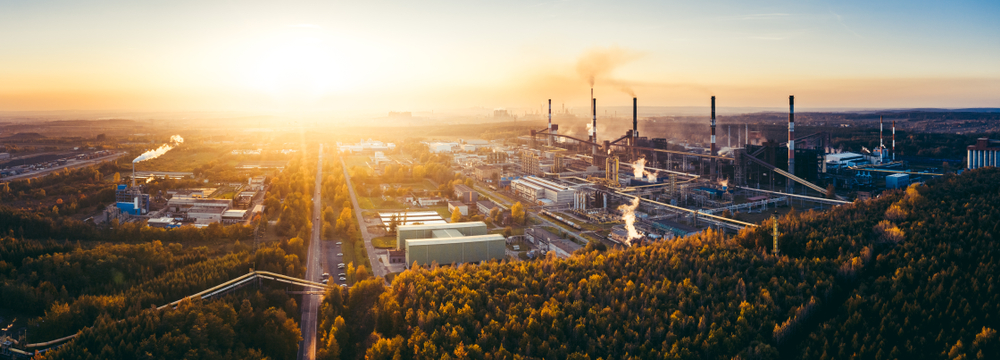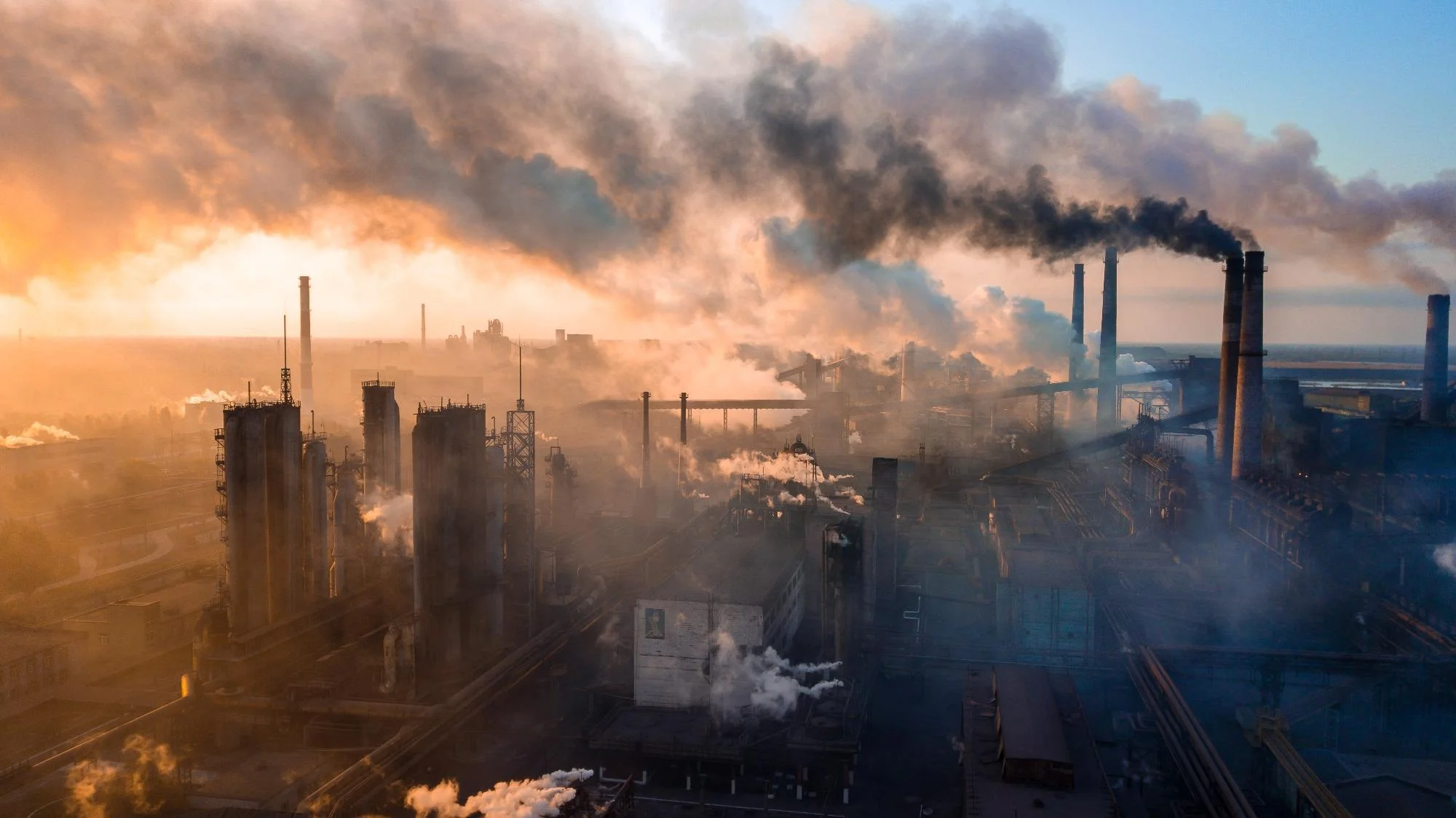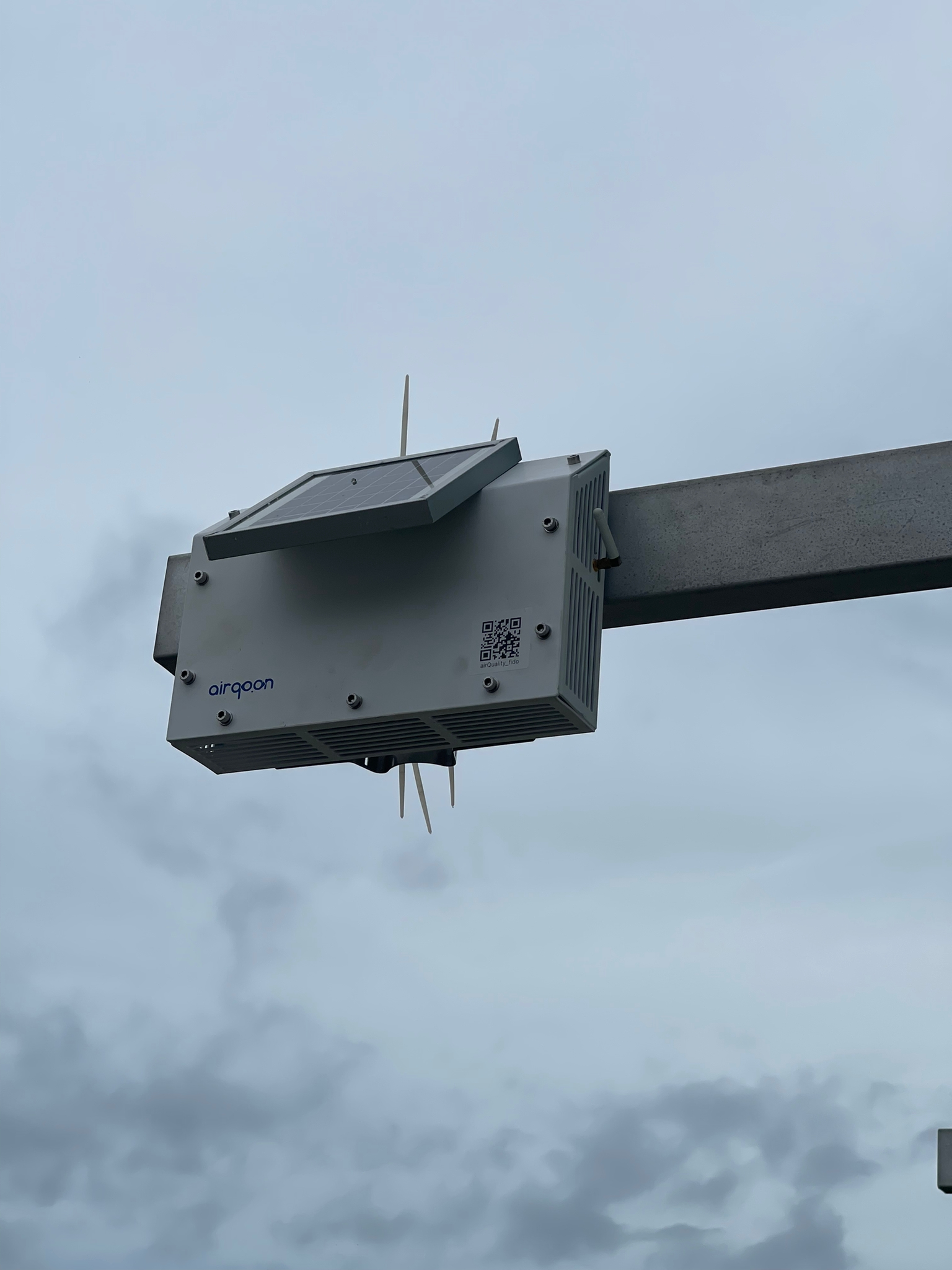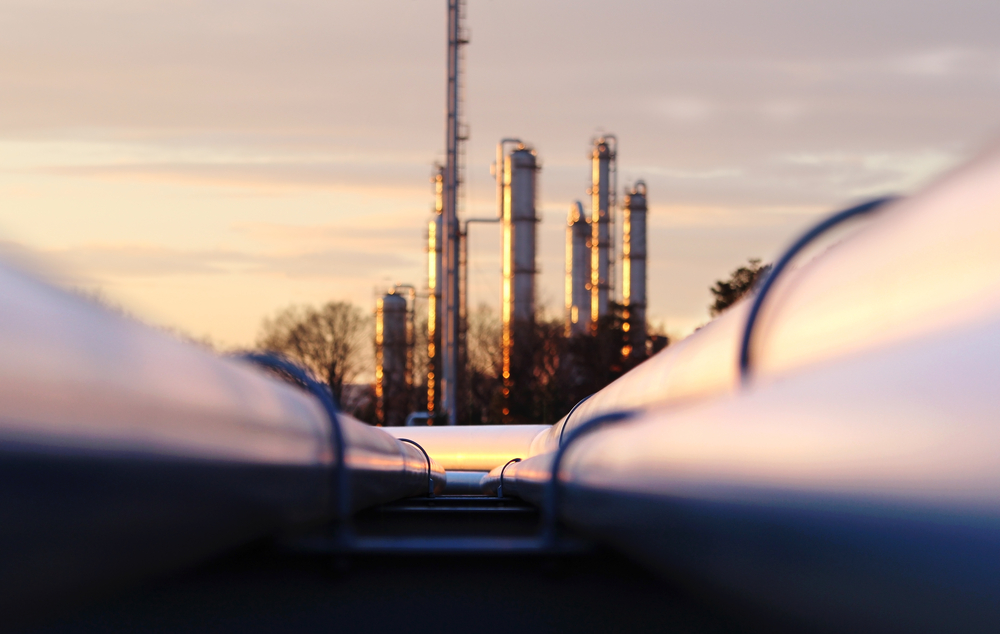
The oil&gas sector continues to play a significant role as global energy demand increases. However, the transition to a low-carbon economy and new international regulations increasingly emphasize the sector’s commitment to reducing environmental impacts and preserving air quality.
With advancing technologies, growing public awareness, and legal obligations, oil and gas companies are now required to adopt a sustainability-based production approach and take on more responsibility for air quality monitoring and improvement.
Challenges in the oil&gas sector related to air quality management
- Emission of greenhouse gases that trigger climate change —The production, processing, and use of oil and gas emits large amounts of greenhouse gases, mainly methane (CH4), nitrogen oxides (NOx), sulfur dioxide (SO2), as well as fugitive VOCs that contribute to climate change
- High risk of occupational disease —Leaks, flames, and excessive emissions during production create hazardous air pollutants known or suspected to cause cancer, loss of coordination, and numerous adverse effects on human health
- High cost and processing times of air quality measurement tools —Air quality measurement stations standardized by the EU (and similar organizations) are expensive to purchase and operate. Continuous monitoring is necessary to detect and reduce leaks. Traditional and many alternative methods are not designed to broadcast data to the cloud in real time. This causes an increase in downtime in the facilities.
- Insufficient process control systems —Spatial management of air quality monitoring at only a few points in facilities increases maintenance costs while reducing resource efficiency and emission control.
Solution: Airqoon
Airqoon is a low-cost and easy-to-use hyper-local air pollution management solution that provides real-time, data-driven, actionable environmental intelligence to companies in the oil and gas industry.
- Airqoon sensor units are backed with airqoon cloud, and their compact size allows real-time air quality monitoring at every production stage.
- Analyzing real-time and historical measurement data, Airqoon prepares monthly and annual air quality performance reports.
- The cloud-based Airqoon sensor units are energy self-sufficient and are managed remotely with minimum intervention for maintenance.
- With the help of continuous monitoring, environmental and occupational health risks are analyzed using high-resolution Spatio-temporal data.

